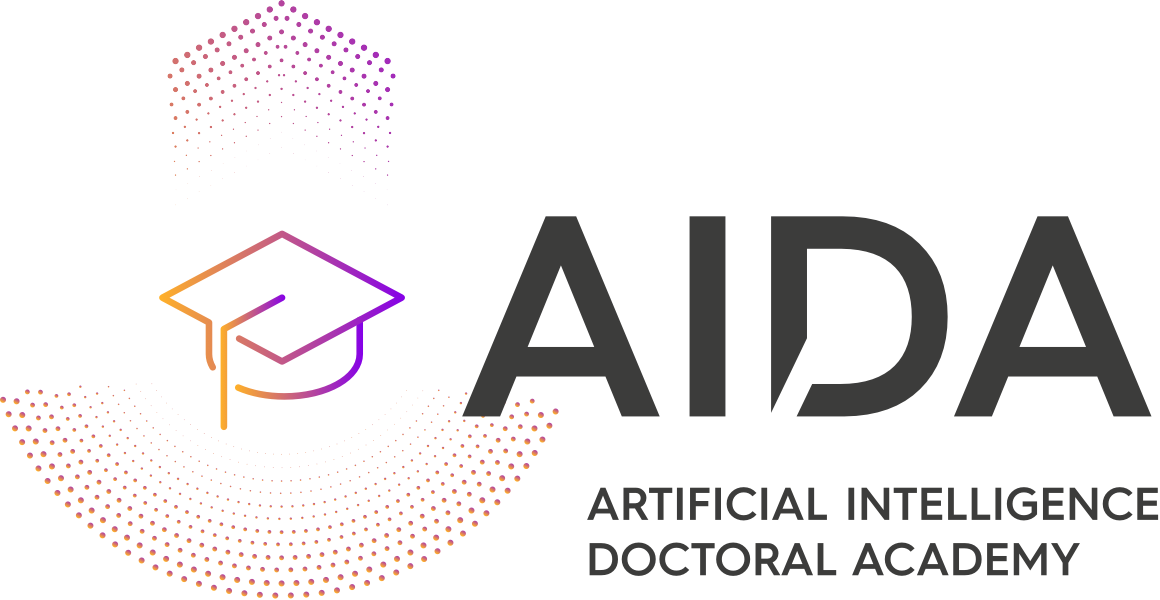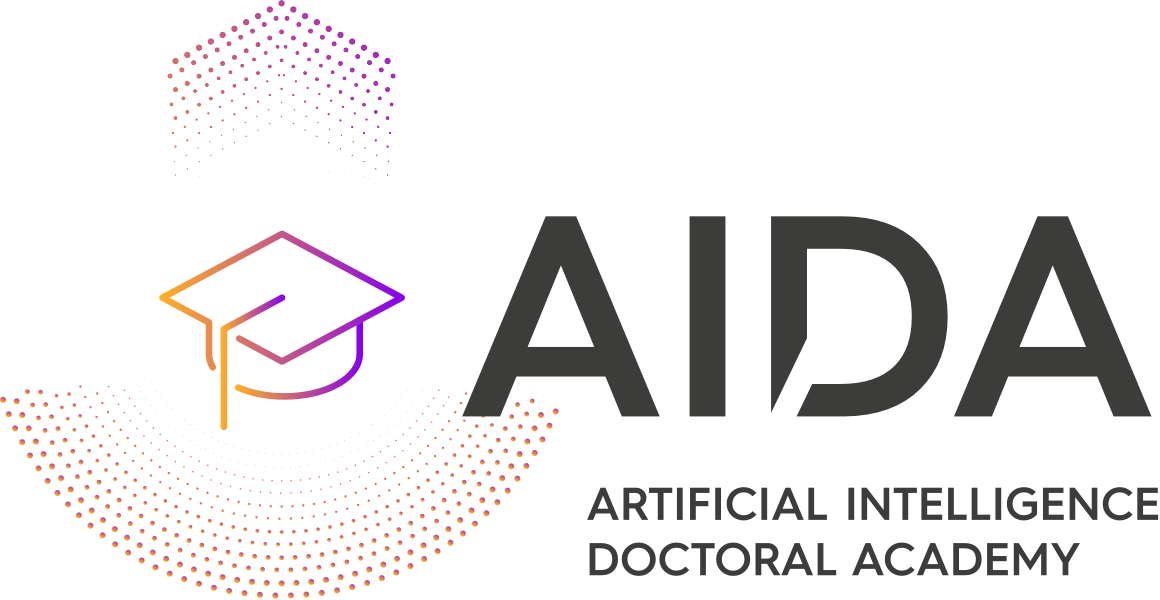Jan Peters

Author/s

About the resource/s





The talk discusses the long-standing vision of creating autonomous robots capable of assisting humans in daily life. A crucial step toward this goal is enabling robots to learn tasks based on environmental cues or higher-level instructions. However, current learning techniques face challenges in scaling to high-dimensional manipulator or humanoid robots. The speaker presents a general framework for learning motor skills in robotics, inspired by analytical robotics methods. This framework involves creating representations of motor skills using parameterised motor primitive policies as building blocks for generating movements. Additionally, there’s a learned task execution module that transforms these movements into motor commands.
Other Sources








 Back
Back

